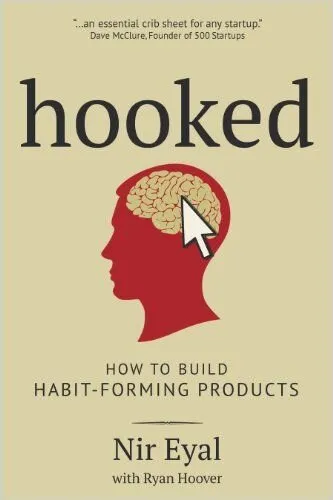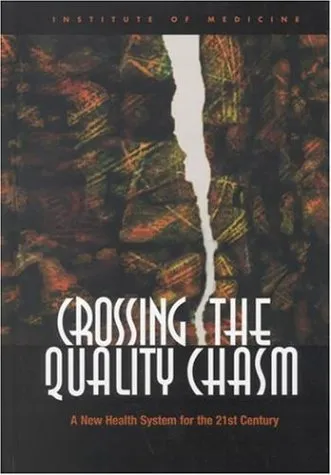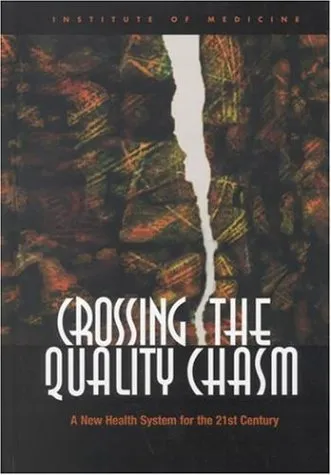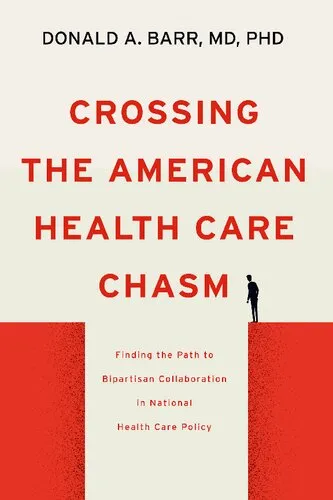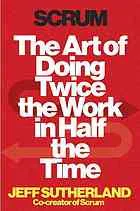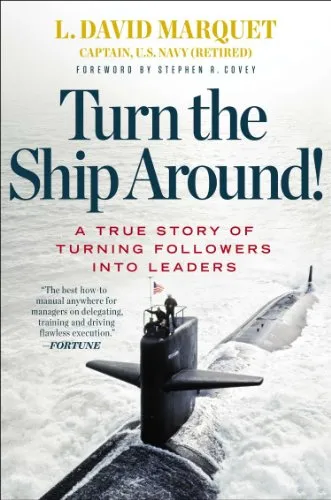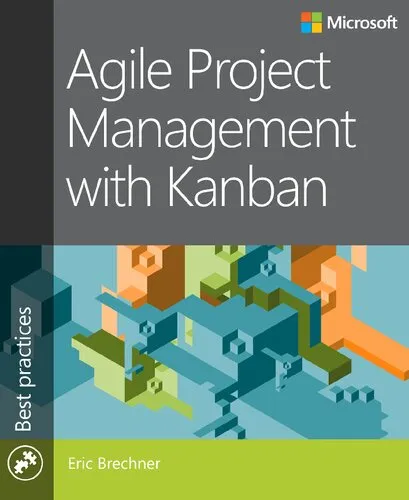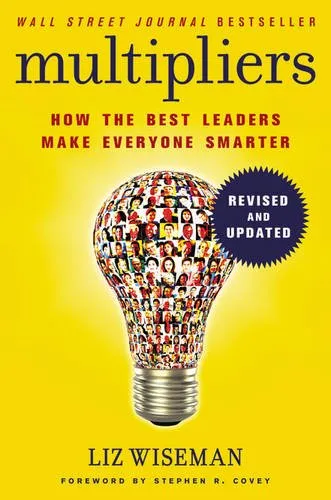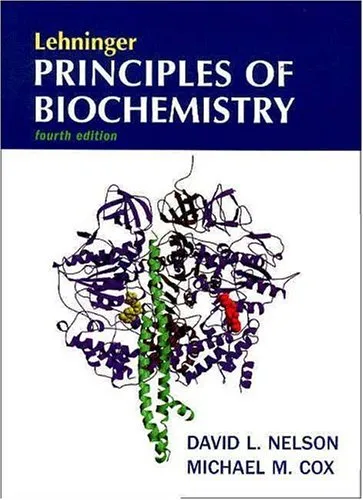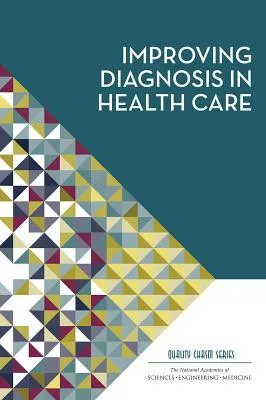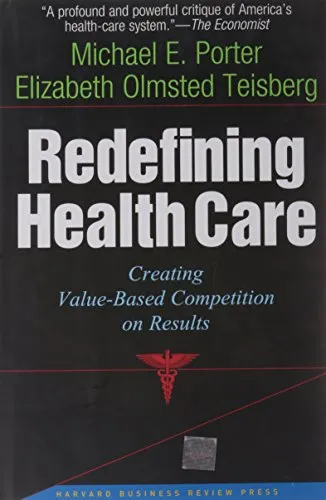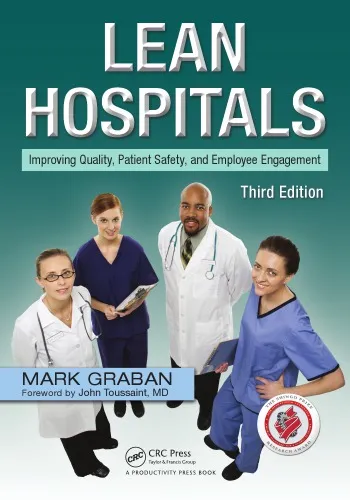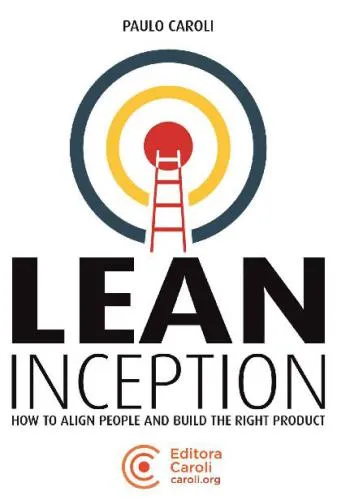The checklist manifesto : how to get things right
4.5
Reviews from our users

You Can Ask your questions from this book's AI after Login
Each download or ask from book AI costs 2 points. To earn more free points, please visit the Points Guide Page and complete some valuable actions.Related Refrences:
Introduction to 'The Checklist Manifesto: How to Get Things Right'
Written by Atul Gawande, 'The Checklist Manifesto: How to Get Things Right' is a captivating exploration into the power of simple checklists in managing complex tasks and improving quality across professions. Through compelling narratives and clear examples, Gawande makes a convincing argument that failure often results not from ignorance, but from ineptitude—failure to use what we know effectively. The book gears towards professionals and organizations striving to bridge the gap between knowledge and consistent application.
Detailed Summary of the Book
The Checklist Manifesto elucidates how modern life with its intricacies and complexities has outgrown humans’ unaided capacity. Atul Gawande uses his extensive background as a surgeon to narrate how checklists can save lives by ensuring that essential steps are not overlooked in the operating room. The book is not restricted to medicine alone. Gawande extends his exploration into fields like aviation, architecture, and finance—where checklists have been pivotal in timely problem-solving and error reduction.
Gawande explains how a checklist is not just about routine tasks execution but about collaboration, communication, and breaking down complex procedures into manageable steps. He draws from examples like the aviation industry’s checklist for pilots that have historically reduced accidents and improved safety records to underscore how seemingly rudimentary tools can solve sophisticated challenges.
The author further discusses the psychology of using checklists: he portrays the tension people feel in accepting that mere human memory is fallible. Consequently, by convincingly addressing concerns and sharing empirical evidence, Gawande advocates lists as an indispensable tool for the 'dumb stuff', making way for focus on intricate problem-solving.
Key Takeaways
- Checklists are powerful in reinforcing processes and ensuring critical steps are not omitted.
- Implementation of checklists enhances team communication and boosts efficiency.
- Complex environments necessitate the breaking down of processes; checklists serve as an anchor.
- Checklists aid both experienced and novice professionals to stay on course and remain vigilant against preventable errors.
- Systematizing tasks through checklists can lead to higher levels of excellence in various professions.
Famous Quotes from the Book
“The volume and complexity of what we know has exceeded our individual ability to deliver its benefits correctly, safely, or reliably.”
“We don't like checklists. They can be painstaking. They're not much fun. But I don't think the issue here is mere laziness.”
“In a complex environment, experts may not trust a checklist to know what they need better than they do themselves.”
Why 'The Checklist Manifesto' Matters
'The Checklist Manifesto' is significant because it challenges the traditional assumptions of expertise and knowledge management. In an age where specialization is critical, and the margin for error narrows, checklists emerge as tools that streamline efficiency without undermining professional acumen.
Gawande’s work speaks to a universal audience, from individual practitioners to large-scale organizations, emphasizing a paradigm shift in how tasks can be approached. Importantly, the book is a call to embrace humility by recognizing and mitigating human error with systematic and pragmatic tools such as checklists.
Relevance extends across any discipline requiring precision, reliability, and coordination. The book’s insights remain invaluable as organizations and professionals continue to adapt to ever-changing environments and complexities.
Free Direct Download
You Can Download this book after Login
Accessing books through legal platforms and public libraries not only supports the rights of authors and publishers but also contributes to the sustainability of reading culture. Before downloading, please take a moment to consider these options.
Find this book on other platforms:
WorldCat helps you find books in libraries worldwide.
See ratings, reviews, and discussions on Goodreads.
Find and buy rare or used books on AbeBooks.
1516
بازدید4.5
امتیاز0
نظر98%
رضایتReviews:
4.5
Based on 0 users review
Questions & Answers
Ask questions about this book or help others by answering
No questions yet. Be the first to ask!

